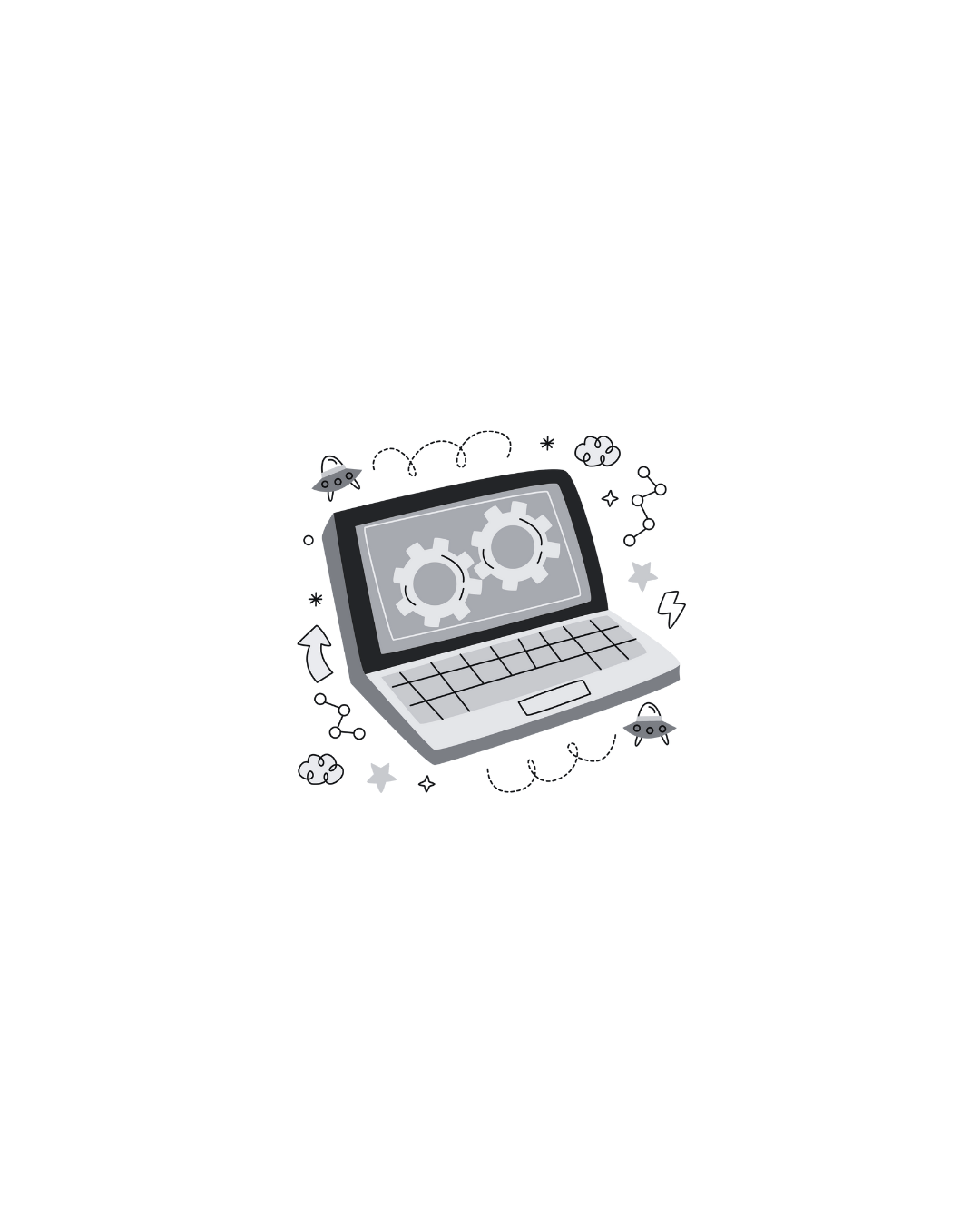Description
A Bachelor of Science in Information Technology (B.Sc. in IT) is an undergraduate degree program that focuses on the study of computing technologies and their applications in various industries. This program combines technical training with a strong emphasis on information systems, computer networking, software development, and data management. It prepares graduates for a variety of roles in the rapidly evolving field of information technology.
Curriculum Overview
The curriculum for a B.Sc. in Information Technology generally blends theoretical concepts with practical applications. Here are some common courses and topics typically covered in the program:
Fundamentals of Information Technology:
Introduction to key concepts in IT, including hardware, software, networks, and operating systems.
Programming Languages:
Courses in programming fundamentals using languages such as Python, Java, or C#, focusing on problem-solving and algorithm development.
Web Development:
Training in front-end and back-end development, covering HTML, CSS, JavaScript, and server-side technologies.
Database Management Systems:
Understanding relational databases, SQL, data modeling, and database administration techniques.
Networking Concepts:
Overview of computer networks, including protocols, architecture, and network security measures.
Systems Analysis and Design:
Techniques for analyzing business requirements and designing information systems to meet those needs.
Software Engineering:
Principles of software development life cycles, methodologies, and best practices in project management.
Cybersecurity Basics:
Introduction to cybersecurity principles, risk management, and best practices for securing information systems.
Information Systems Management:
Focus on managing IT resources, strategies for IT governance, and the role of IT in organizational success.
Data Science and Analytics:
Basics of data analysis, visualization techniques, and the use of data to inform decision-making.
Cloud Computing:
Principles of cloud services, architectures, and deployment models, focusing on how businesses leverage cloud technologies.
Mobile Application Development:
Introduction to developing applications for mobile platforms, familiarizing students with mobile programming languages and frameworks.
Capstone/Projects:
A practical project or internship that allows students to apply their knowledge in real-world settings, often involving collaboration with industry partners.
Career Opportunities
Graduates with a B.Sc. in Information Technology have numerous career paths available to them in the IT industry. Some potential job roles include:
Software Developer: Designing and developing software applications for various platforms.
Web Developer: Building and maintaining websites and web applications, focusing on user experience and functionality.
Database Administrator: Managing databases, ensuring data integrity, security, and performance optimizations.
Network Administrator: Overseeing computer networks, troubleshooting issues, and ensuring network security.
IT Consultant: Providing strategic advice to organizations on how to use IT to meet their business objectives.
Systems Analyst: Assessing IT systems, analyzing requirements, and recommending solutions to improve efficiency.
Information Security Analyst: Protecting information systems from cyber threats, monitoring for breaches, and implementing security measures.
Cloud Solutions Engineer: Designing and managing cloud-based services and applications for business needs.
Data Analyst: Analyzing data to provide insights for business decisions, utilizing statistical tools and software.
Technical Support Specialist: Assisting users with technical issues, providing troubleshooting support for software and hardware.
Further Education
Graduates may choose to pursue advanced studies, such as a Master?s degree in Information Technology, Computer Science, Cybersecurity, or an MBA with a focus on Information Systems. Specializations in areas like data science, artificial intelligence, or cloud computing are also options for further education.
If you have more specific questions about the curriculum, career paths, or any other aspects of a B.Sc. in Information Technology, feel free to ask!









